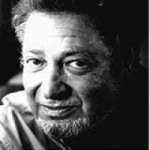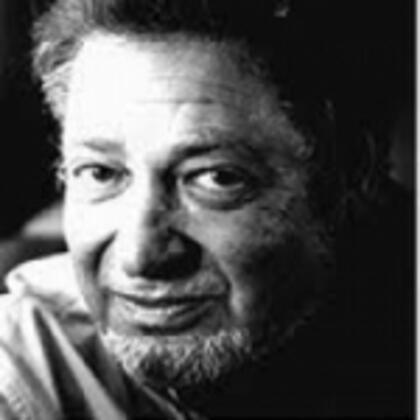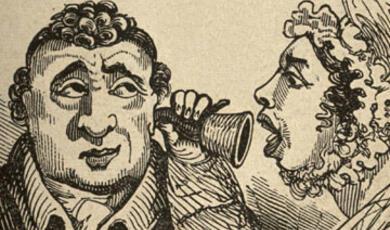Dolly, Carrots and Sex
Share
- Details
- Transcript
- Audio
- Downloads
- Extra Reading
For biologists - and gardeners as practical biologists - cloning carrots is routine - a slip of tissue can be re-grown into an entire organism. But not, apparently, animals, which have to have sex to reproduce. But why? The immediate answer lies in developmental processes which control how DNA is expressed. But what is the evolutionary significance of sex, and why are there so many seemingly unnecessary males? And what are the implications of breaking this sexual barrier - for sheep, cows, and now possibly even people? Biologists point to monozypotic twins as being more identical than clones, but they miss the social point that twins born as the result of sexual intercouse have parents. The human clone has an entirely new relationship to its progenitor, with neither bio-mother nor bio-father. Politicians constantly worry about the weakening of family life and values; just where might babies which arrived sans sex take us?
Download Transcript
This event was on Mon, 03 Apr 2000
Support Gresham
Gresham College has offered an outstanding education to the public free of charge for over 400 years. Today, Gresham plays an important role in fostering a love of learning and a greater understanding of ourselves and the world around us. Your donation will help to widen our reach and to broaden our audience, allowing more people to benefit from a high-quality education from some of the brightest minds.


 Login
Login









